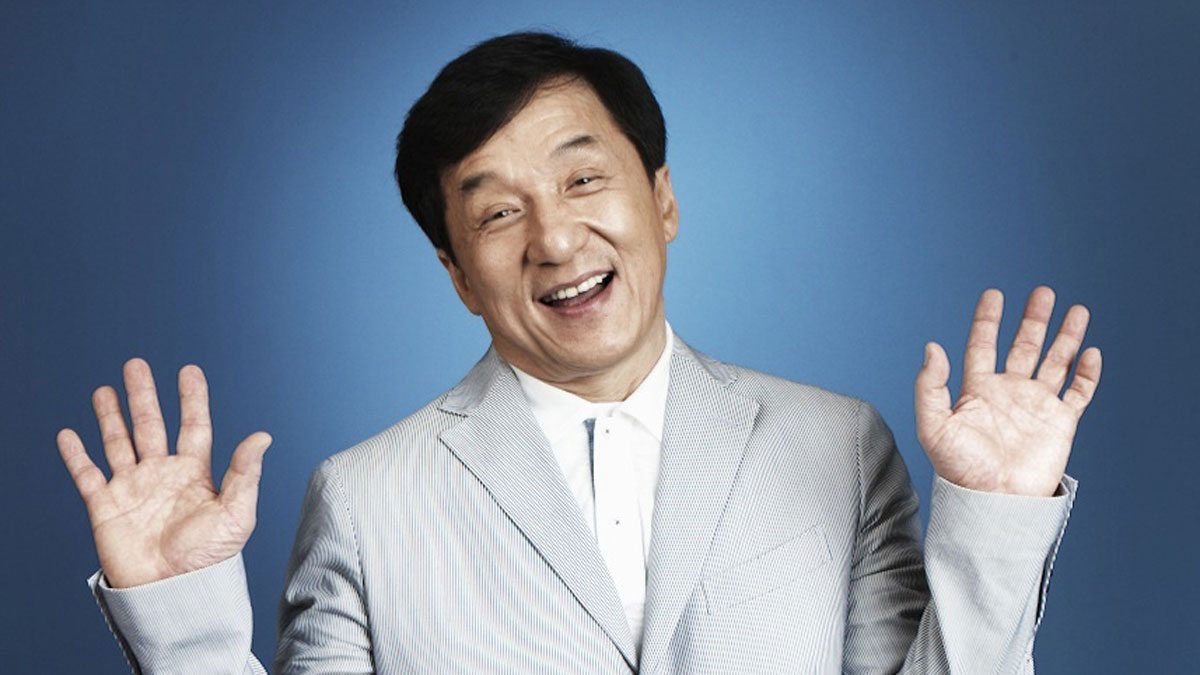Is there more to Jackie Chan’s honorary Oscar?
A few weeks ago, it was time for the honorary Oscars – awards given to people who had done stellar-enough work to warrant one over a considerable number of years, but simply never won (the most famous of these awards went, somewhat shamefully, to Alfred Hitchcock). Awards went to prolific documentarian Frederick Wiseman, and British film editor Anne V. Coates, but most of the press attention went to Jackie Chan.
The awards are given for ‘extraordinary achievement’ and ‘exceptional contributions’ over the course of a career, and Chan fits both categories perfectly.
For English-speaking audiences, Chan is undoubtedly the most well-known and most popular Chinese film star in the world. In a career spanning 56 years, he has starred in over 200 movies in both Chinese and English, and has broken a countless number of his bones – he is famous for doing his own stunts, and Chan’s movies has featured some incredible set-pieces and some high quality martial arts scenes.
However, he has also shown formidable comic chops, with the Rush Hour films being a popular example. Coupled with all that, he’s also a genuinely nice guy, who dedicates a lot of his time and money to his philanthropy. Reaction to his reception of the award was universally positive – this was an Oscar that was welcomed by movie stars, critics and fans alike. The awards are given for ‘extraordinary achievement’ and ‘exceptional contributions’ over the course of a career, and Chan fits both categories perfectly.
The Oscar is an honorary one but no less important for that, and it is an award coveted by Chan since he saw one at Sylvester Stallone’s house 20 years ago. Giving it to Chan is a wise move, one that is both well-deserved and very important. Chan is a popular and very bankable movie star (one of the highest paid in the world, no less), but the type of film he produces can hardly be described as typical Oscar fare (that is, overwrought depressing drama that critics fall over themselves to brown-nose). No, he favours action-comedies and martial arts pictures, neither of which has ever really been deemed worthy of Oscar attention (as one of the award presenters, Tom Hanks, was quick to point out).
I am very happy for the possible impact his success may have breaking down some of the barriers in Hollywood for future generations
It is not just the genre, but also his nationality – China (and Asia in general) has been very under-appreciated by the Oscar committee. China and India are home to a third of the world’s population, and produce some 3000 films a year, but has only ever received 5 Best Foreign Language Film nominations between them (3 for India, 2 for China). You’d only need your own two hands to count all of the Chinese people who have won Oscars since the award’s conception (and only one ever in an acting category, in 1985 by an actor of Chinese descent). And yet, China has a vibrant film industry, and it is good that it receives any kind of recognition from a very inward-looking Hollywood – if you kept your eyes focused on Hollywood, you could be forgiven for thinking only white people made films.
You’d be pushing it to describe Chan as one of the world’s best actors (although watch some of his dramatic performances, and he is good), but his talent for combining action and comedy is unparalleled. If you watch a Jackie Chan film, they are always entertaining – I am very happy for him, both for his achievement and for the possible impact his success may have breaking down some of the barriers in Hollywood for future generations. It’s a small step, but the recognition of the value of an Asian star’s considerable contribution to film (and the joy that he finally has been recognised) is a good sign that could possibly help lead to a Western audience recognising the value of Asian cinema.

Comments (2)
Sorry – some poor slips there on my part. You’re right that Ngor was Cambodian, but he was of Chinese descent, which I should have said instead. And it was completely a typo on the year – he won in 1985 for a film in 1984. My apologies, and thanks for the corrections!
None of the actors who won Oscars in 1984 were Chinese! Haing S. Ngor was from Cambodia but that was in 1985